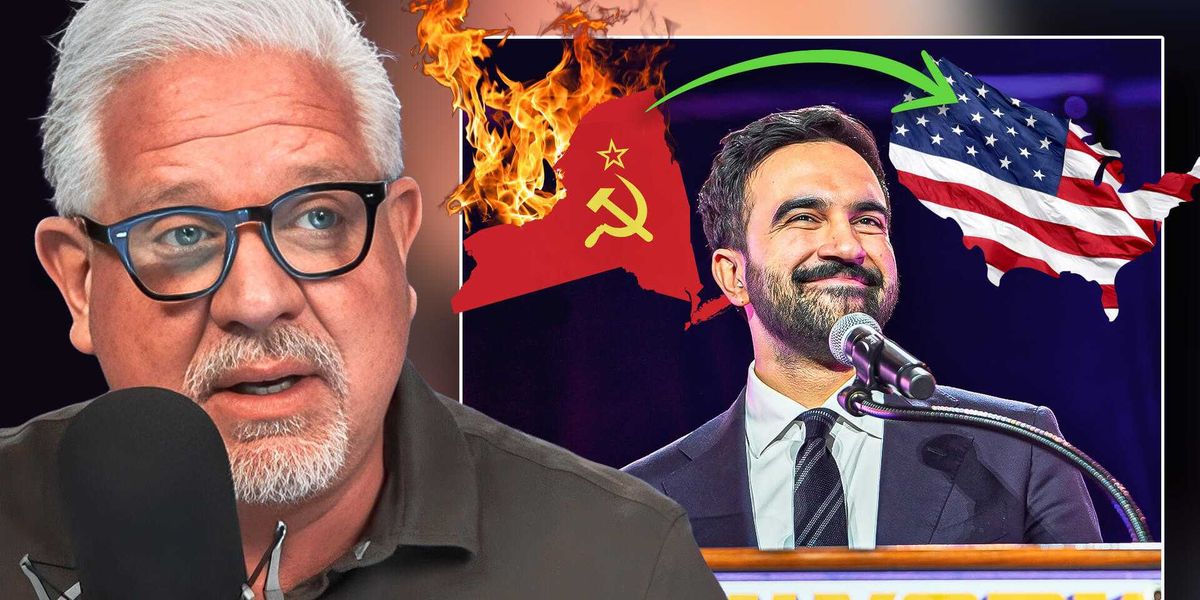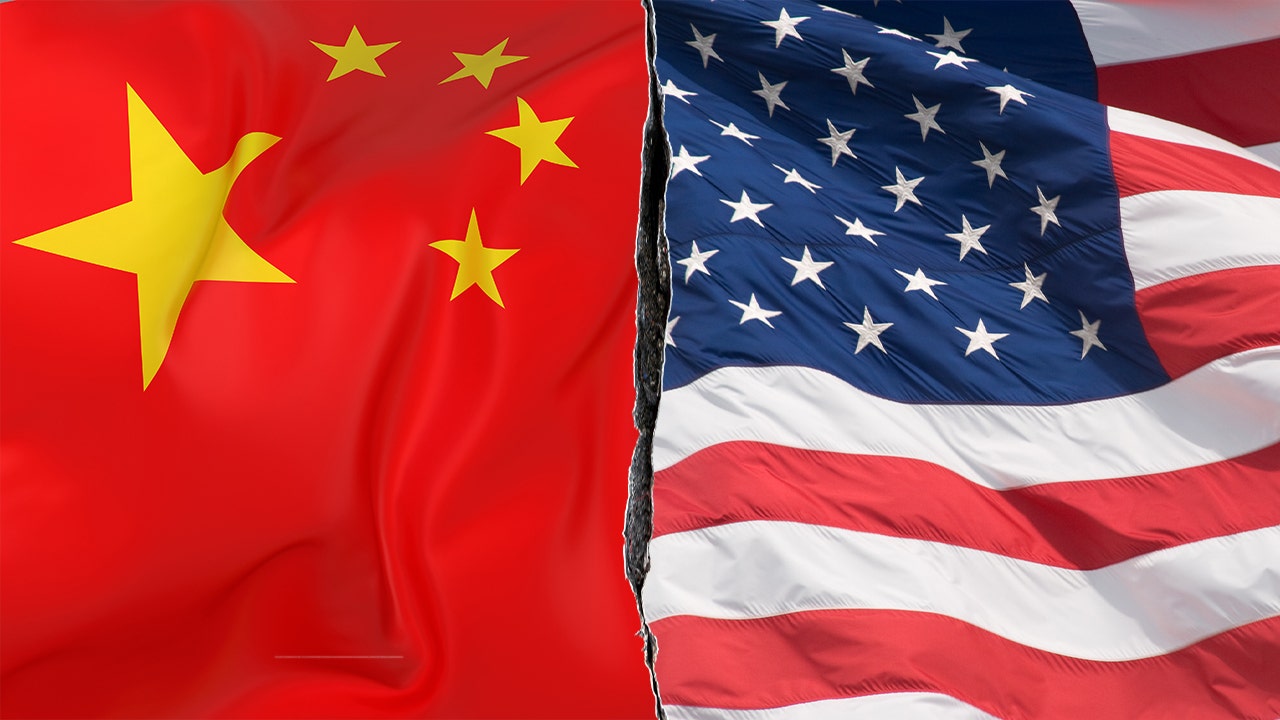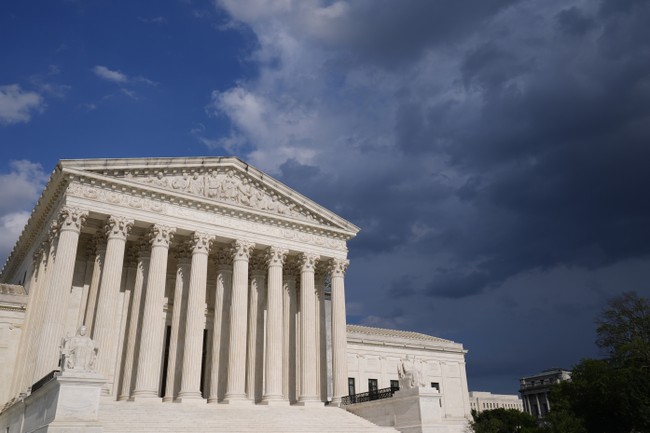Mexican drug cartels are partnering with Chinese money laundering networks to funnel hundreds of millions of dollars in drug proceeds to Chinese nationals in the United States, according to a new report from the Wall Street Journal.
The Sinaloa Cartel — formerly headed by Joaquin “El Chapo” Guzmán — is allegedly working with Chinese groups based in the U.S. to funnel hundreds of millions of dollars in cartel cash through American banks and ultimately into the hands of Chinese nationals living in the U.S., the Wall Street Journal reported Wednesday.
The scheme often begins in Mexico, where cartels make billions of dollars selling cheap drugs into the United States.
Chinese nationals in the U.S. travel to Mexico to pick up large amounts of cash directly from the cartels. They then deposit the cash into a network of accounts held at major American banks before selling it to wealthy Chinese clients who pay using Chinese yuan, according to the Journal. The money laundering groups then purchase low-cost goods from China, which are shipped to Mexico, and sold under the cover of legitimate trade. The proceeds — in pesos — are returned to the cartels.
Chinese laundering groups in the U.S. have grown in prominence in recent years, partly due to financial restrictions imposed by the Chinese government, added the Journal’s report. Beijing prohibits individuals from moving more than $50,000 out of the country in foreign currency, and many wealthy Chinese nationals also face sanctions, creating strong incentives to bypass legal channels. To purchase homes in America or pay for their child’s tuition at an American university, wealthy Chinese buyers have to find cash somewhere else.
Chinese operatives in the U.S. frequently open dozens of bank accounts using forged passports and communicate with their Mexican partners using encrypted Chinese messaging platforms, the Journal further noted. They typically take a 1–2% cut of each transaction. (RELATED: Video Shows El Chapo’s Wife Partying After Release From Prison)
Some of those involved reportedly entered the U.S. from China on student visas. In one case highlighted by the Journal, a Range Rover was observed collecting bags of cash from multiple houses in Los Angeles linked to a Chinese launderer who was seen crossing the U.S.-Mexico border with a known Sinaloa associate. The vehicle dropped the money off with a Chinese high school student living in a different part of the city, who admitted to receiving more than $60,000 in cash when questioned by law enforcement. Drug-sniffing dogs detected narcotics residue on the bills, according to the Journal.
Joaquin “El Chapo” Guzman is escorted into a helicopter at Mexico City’s airport on January 8, 2016. (Photo by ALFREDO ESTRELLA/AFP via Getty Images)
On June 18, 2024, the Department of Justice (DOJ) announced the arrest of Los Angeles-based Sinaloa Cartel associates alongside Chinese bankers in a plot to launder drug money which was to be sent back to Mexico. The arrests of the co-conspirators by respective Mexican and Chinese authorities followed the DOJ’s lengthy investigation into the plot, which they had called “Operation Fortune Runner.”
“The Sinaloa Cartel is largely responsible for the massive influx of fentanyl into the United States over the past approximately eight years, and for the accompanying violence and deaths that have afflicted communities on both sides of the border,” the DOJ wrote in a press release at the time. “The cartel’s activities generate enormous sums of U.S. currency in the United States that belong to the cartel in Mexico. Profits from the drug trade must be repatriated to Mexico for use by the cartel.”
In May 2023, a senior Department of Homeland Security (DHS) official told the Senate that Mexican drug cartels were using Chinese chemicals and equipment to manufacture fentanyl-laced pills that would then be smuggled into the United States.
“As Mexican cartels have taken over fentanyl production and operate on an industrial scale, they are procuring precursor chemicals from China and synthesizing these chemicals in Mexico to produce fentanyl,” Matthew Millhollin, the assistant director of DHS’ Homeland Security Investigations (HSI), said in his testimony to the Senate at the time.
“Increasingly, Chinese actors and markets are thickly intertwined in Mexico’s illegal economies, such as drug and wildlife trafficking and money laundering,” Brookings Institution senior fellow Vanda Felbab-Brown wrote in a 2022 op-ed originally published by Mexico Today. “China is the predominant source of precursor chemicals for Mexican criminal groups – principally the Sinaloa Cartel and Cartel Jalisco Nueva Generación (CNJG) – which then cook fentanyl and methamphetamine from them and smuggle them to the United States and elsewhere.”
Read the full article here









![Gavin Newsom’s Proposition 50 Ends Independent Redistricting in California [WATCH] Gavin Newsom’s Proposition 50 Ends Independent Redistricting in California [WATCH]](https://www.lifezette.com/wp-content/uploads/2025/08/2025.08.21-09.20-lifezette-68a6e4f435826.jpg)

